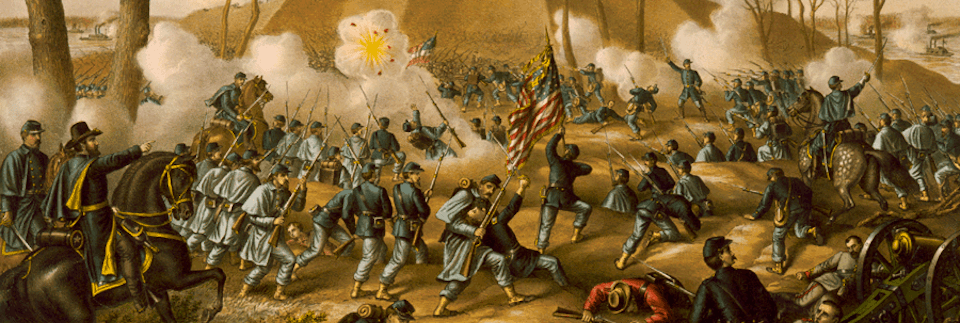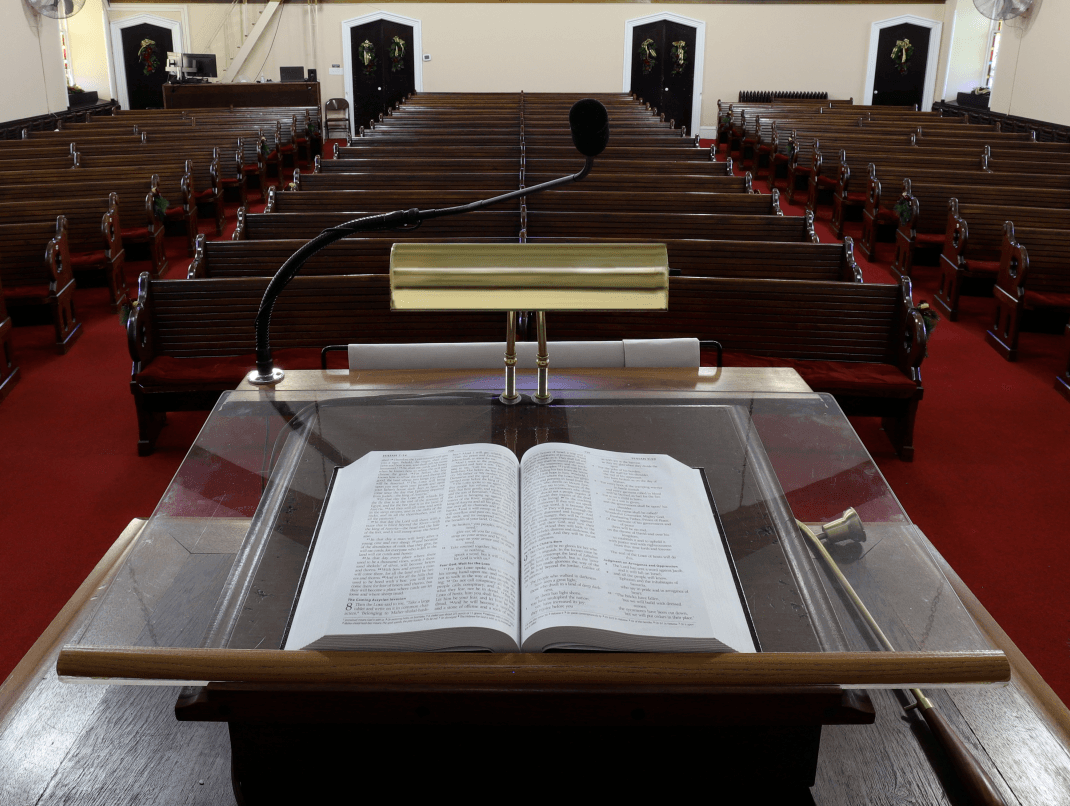A Theological Crisis - The Civil War
A Theological Crisis - The American Civil War

War is always a crisis. Armies, nations, and civilians are all bound up in the horrors of armed conflict. War is often a historical crisis. Destinies are at stake. War inevitably entails personal crisis. Lives and families are forever changed by the experience of battle and the loss of loved ones. I am writing this article on April 26, exactly 158 years after the end of the American Civil War. The Civil War was undoubtedly a crisis for the soldiers, the nation, and the destiny of the American people. In many ways, that war made us, and continues to make us, the country and the people we are today. Shelby Foote famously described the Civil War as “the crossroads of our being.” It was a great personal and national crisis. However, it was also a theological crisis.
Leading historian Mark Noll wrote a book called The Civil War as a Theological Crisis, published in 2006. The book documents and addresses the fact that Northerners and Southerners experienced the shock and horror of the Civil War as a deeply theological crisis, a test of faith, a dark cloud over the ways of the American God. The crisis centered around two points of contention: does the Bible (and therefore God) sanction the institution of slavery, and which side of the war does God really fight for? Both sides believed in the righteousness of their cause, the truth of their convictions, and the biblical fidelity of their institutions. Both sides prayed in earnest and proclaimed that God in his providence would rise up to vindicate them and grant a glorious victory. Thus, the Civil War became a deeply theological crisis. The outcome of the war would determine whose interpretation of Scripture is correct and whose moral convictions and political institutions were approved by heaven. The nature and character of God was on the line.
This understanding of the connection between war on earth and the ways of heaven did not originate with 19th century Americans. In fact, the idea is exceedingly ancient. In the worlds of ancient Israel and the early church, the deeds of gods and humans were closely linked. Everyone understood that what happened on earth was a reflection of what happened in heaven. When earthly armies clashed, heavenly armies likewise battled. The outcome of war “down here” was sure proof of which gods had prevailed “up there.” Those favored by the strongest gods win. This understanding of war as theological crisis has served throughout history to vindicate the causes and convictions of the victors and to justify whatever treatment they chose for the losers.
I want to suggest that war is not the best approach to determining the correct interpretation of Scripture, or the nature of God, or what God thinks about our political and social institutions. God’s providence does not have such a clear, one-to-one correspondence to what he approves. As Scripture and history make clear, God is willing to allow many things that he does not approve. So we must beware of treating war as a theological crisis. It isn’t. God certainly does not want us to use armed conflict to settle our theological disputes. That idea has been ruinous for the church throughout history. Violence is never a source of divine revelation. Victory is not the test of truth.
Grace and peace,
Pastor Wesley
The Pastor's Pen





